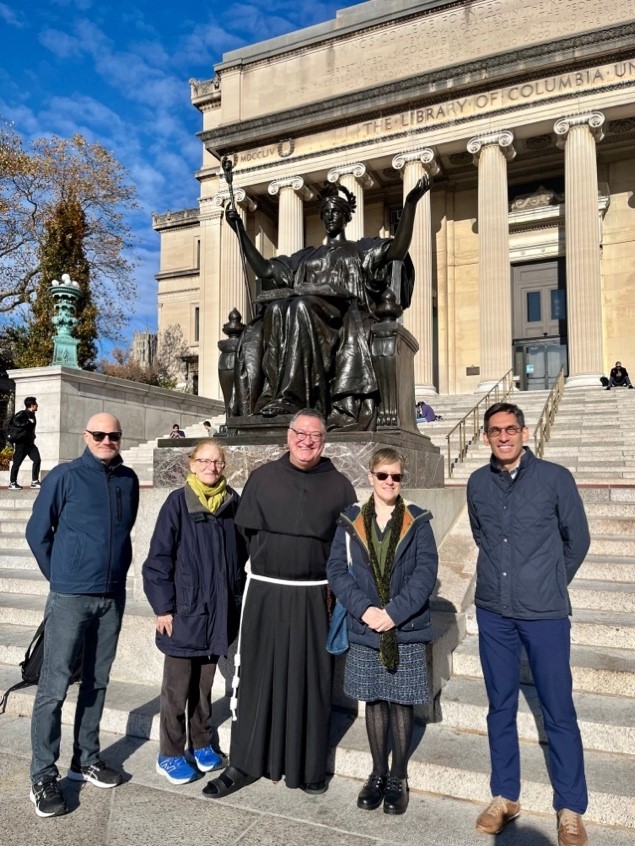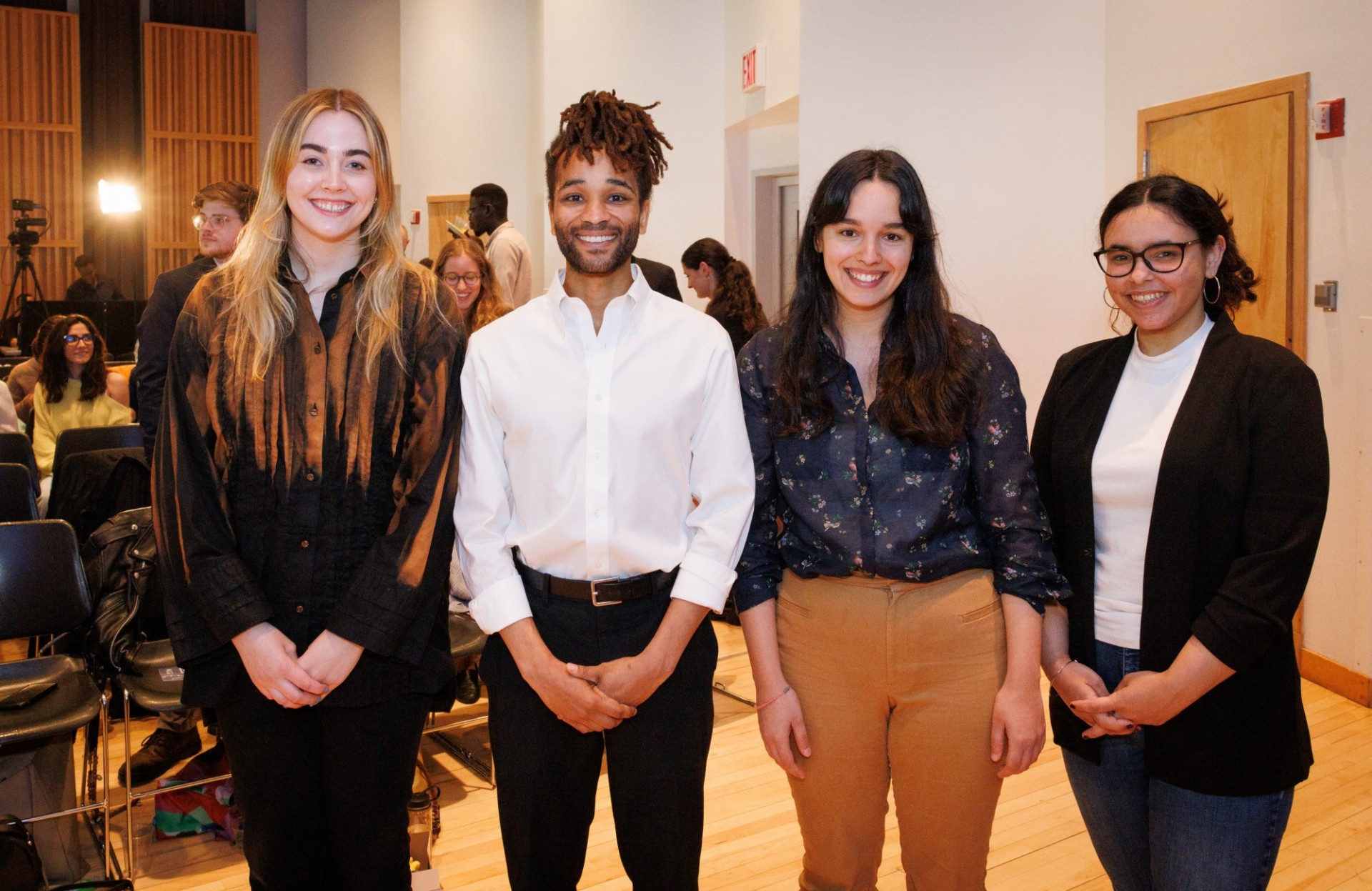
The E3B department is delighted to announce that Dr. Alexandra Huddell has won the 2022 Don Jay Melnick Award!
Named in honor of one of the founders of our department, the Melnick Award recognizes outstanding dissertation work and other departmental activities.
Alex’s dissertation focused on how agricultural frontiers influence losses of nitrogen. Conventional agricultural practices in Europe, North America, and Asia lead to large nitrogen losses that cause dead zones, smog, and greenhouse warming. Agriculture is expanding along climate frontiers, occupying vast regions of the tropics that previously had little large-scale agriculture, and along management frontiers, with new crops and techniques. Do these frontiers exacerbate nitrogen leaks or mitigate them?
Alex first addressed climate frontiers, studying nitrogen losses in tropical agroecosystems. She studied field systems in Mato Grosso, Brazil, where agriculture is expanding rapidly. Her first chapter (AGE 2021) found that excess fertilizer in these agroecosystems leads to among the highest emissions ever recorded of nitric oxide (which forms smog).
Alex’s collaborators in Brazil had previously found that huge amounts of nitrate (which causes dead zones) accumulate deep in the soil rather than leaking out into waterways. Alex’s second chapter (Ecosystems 2022) tested an explanation for this high nitrate storage. She found that negatively charged ions (anions, like nitrate) stuck tightly to the soils in Mato Grosso, unlike the common situation in temperate soils (which tend to stick to cations instead of anions). This “anion exchange capacity” combined with the great depth of the soils (over 8 meters (!)) meant that the soils in Mato Grosso could continue to store nitrate at current levels of fertilization for tens-hundreds of years.
This nitrate storage in Mato Grosso was intriguing. Was it ubiquitous in tropical agroecosystems? In her third chapter (a meta-analysis; Global Change Biology 2020), Alex found that it was not. She found that tropical agroecosystems leak as much nitrate as temperate ecosystems for a given level of fertilizer. However, she found that tropical agroecosystems emit substantially more nitric oxide than their temperate counterparts, as she had observed in Mato Grosso.
Alex’s fourth chapter focused on a management frontier: perennial grains. Perennial grains are hypothesized to mitigate nitrogen losses compared with conventional agriculture, yet this hypothesis has rarely been tested. Alex worked at the SAFE experiment at the Lönnstorp Research Station, which grows perennial wheat alongside annual wheat. She found that her hypothesis was spot on: perennial wheat soaks up way more nitrogen than annual wheat, essentially preventing nitrogen losses (~100 fold lower).
Alex’s work is cutting-edge biogeochemistry. Fittingly, given the namesake of this award, her work matters for people and has clear management implications. In addition to her outstanding academic success, Alex was an excellent departmental citizen. She was deeply involved in DEI efforts, culminating in co-founding the Environmental Justice and Urban Ecology Summer Research Program.
Congratulations Alex!













